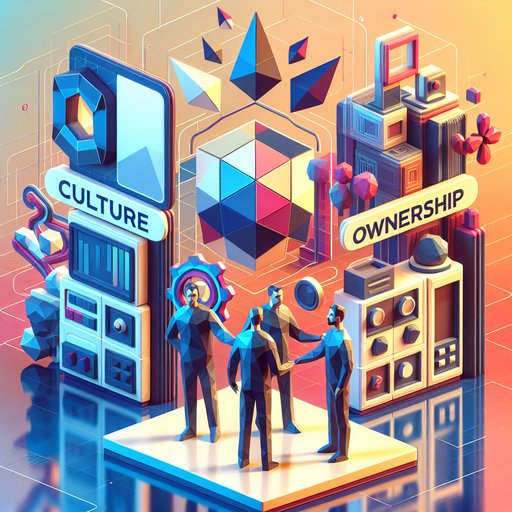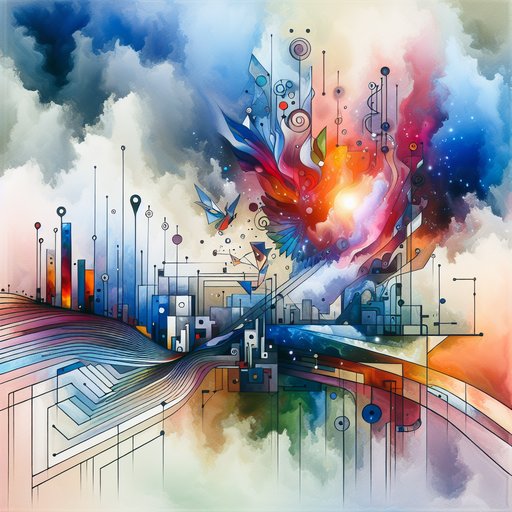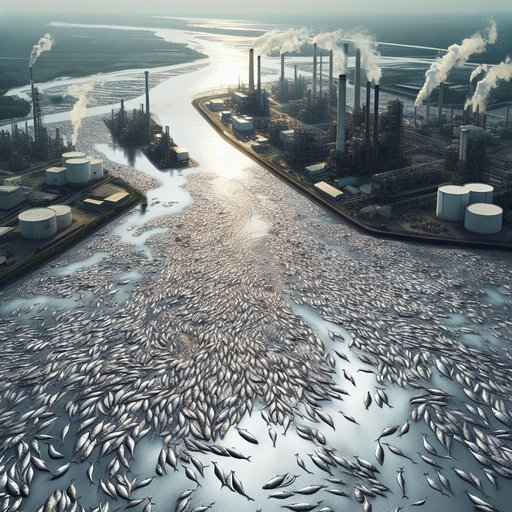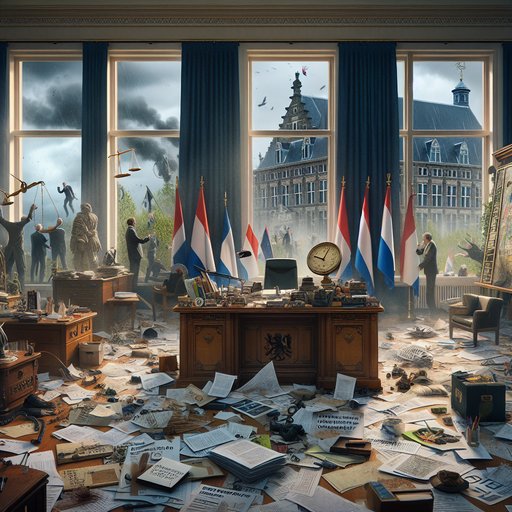- Details
- Written by: Valenenzia Gruelle

The arrival of Samsung’s One UI 8 beta on Galaxy S25 phones has rekindled an age-old debate, but not in the way you might expect from a tech release. The interface's new features are designed to enhance user experience and personalization. However, beneath the surface lies an opportunity to reflect on broader issues of ownership in the digital age—parallels that echo the current debates in cultural circles over who owns art and who should benefit from it. Can a software update truly reflect the ethos of equitable cultural sharing, or is it merely a veneer for corporate gain?
- Details
- Written by: Valenenzia Gruelle

In a revealing turn, Elon Musk's xAI has been caught training voice models using conversations about zombie apocalypses, plumbing failures, and life on Mars [6]. While it might seem like a bizarre cocktail of topics, this peculiar choice highlights a deeper issue: the growing chasm between generations and how technology can either further sever or mend these divides. As AI continues to creep into every facet of life, from labor markets to communication, we must consider its implications on intergenerational bonds and the ethics of its development.
- Details
- Written by: Bob Fratenni

In an era where the environment and societal norms are in constant flux, raising resilient children becomes a vital task. The toxic spill into our rivers is not just an ecological disaster but a reflection of the consumption habits we pass down through generations. As industries continue to externalize costs, the burden falls on ecosystems, leading to a stark silence where once life thrived. Our challenge is to teach our children not only to navigate these complexities but to become part of the solution.
- Details
- Written by: Alex Dupcheck

On June 3, 2025, the Dutch political landscape was shaken to its core when Geert Wilders, leader of the far-right Party for Freedom (PVV), abruptly withdrew from the coalition government led by Prime Minister Dick Schoof. This dramatic move, triggered by disagreements over asylum and migration policies, has toppled the fragile Schoof Cabinet after just 11 months in office, plunging the Netherlands into a fresh wave of political uncertainty. The collapse, driven by Wilders’ insistence on adding stringent immigration restrictions beyond the coalition’s original agreement, has left his coalition partners—the center-right VVD, the centrist New Social Contract (NSC), and the populist Farmer-Citizen Movement (BBB)—reeling, and it raises serious questions about the future of Dutch governance. With Prime Minister Schoof expected to tender his resignation and new elections looming, the fallout from this crisis reveals the volatility of coalition politics and the precarious position of Wilders as both a political force and a pariah.


























































